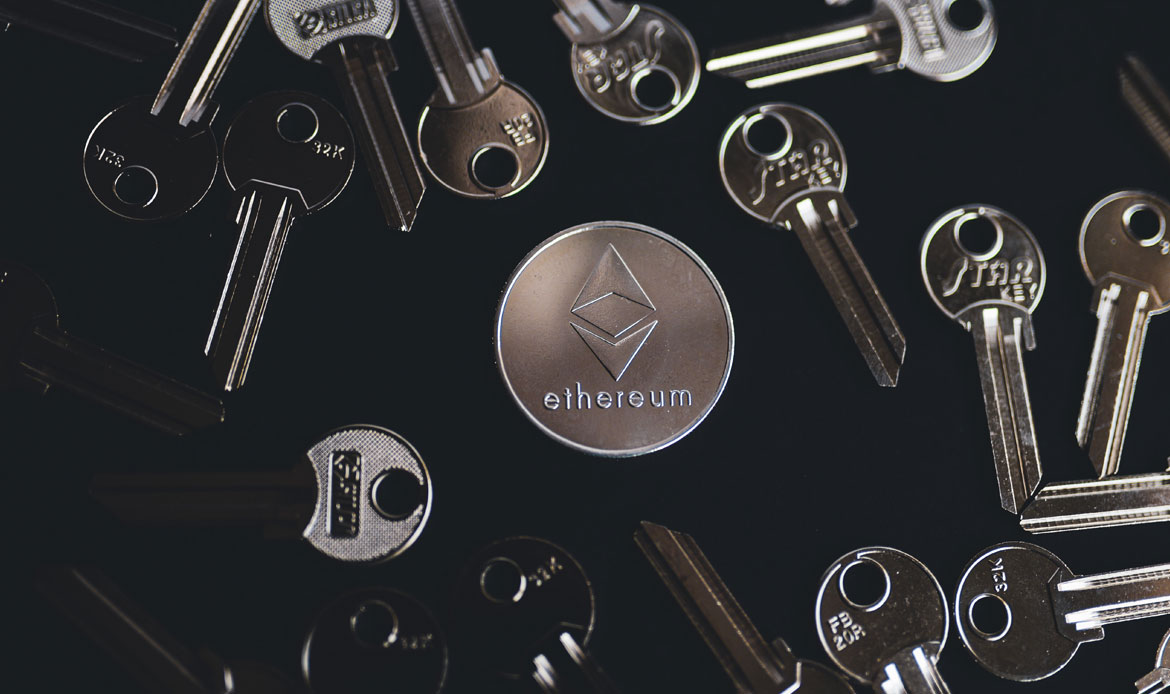Self Custody in Cryptocurrency: "Not Your Keys, Not Your Coins"
Have you ever heard the phrase “Not your keys, not your coins”? It’s become quite popular in the cryptocurrency community, and it captures the essence of self custody in the crypto world. Let’s dive into what it means and why it’s crucial for anyone involved in cryptocurrencies.
First off, self custody simply means taking control of your digital assets, such as Bitcoin or Ethereum, by holding your own private keys. Private keys are like secret codes that allow you to access and manage your cryptocurrencies. When you don’t have control over your private keys, you’re essentially relying on someone else, like a cryptocurrency exchange or a wallet provider, to hold your assets on your behalf. But that comes with risks and limitations.
Imagine this: you deposit your hard-earned money into a bank, and they give you an IOU instead of the actual cash. Sure, you can make transactions with that IOU, but ultimately, the bank controls your funds. They could impose restrictions on how you use your money, or in the worst-case scenario, they could go bankrupt and you might lose everything.
The same principle applies to cryptocurrencies. When you leave your digital assets on an exchange or a custodial wallet, you’re essentially handing over control to a third party. Now, that’s not to say that all exchanges or wallets are untrustworthy. Many reputable ones have robust security measures in place. However, the risk of hacks, breaches, or even regulatory actions can’t be ignored.
That’s where the phrase “Not your keys, not your coins” comes into play. It’s a reminder that true ownership and control over your cryptocurrencies lie in owning and protecting your private keys. When you control the keys, you have the power to make transactions, move funds, and exercise complete autonomy over your digital assets.
By adopting self custody, you take charge of your financial destiny. You can choose a secure hardware wallet, a specialized device that stores your private keys offline, making it much harder for hackers to access them. Hardware wallets provide an extra layer of security, giving you peace of mind that your assets are safe.
Self custody also aligns with the core philosophy of cryptocurrencies, which emphasizes decentralization, privacy, and personal responsibility. It allows you to transact directly with others without relying on intermediaries or giving away your personal information. You become the custodian of your own wealth, free from the limitations and regulations imposed by third parties.
Of course, self custody comes with its own set of responsibilities. You must ensure the safekeeping of your private keys, as losing them could mean losing access to your funds forever. It’s essential to have backup strategies in place, like securely storing your seed phrase, a list of words that can restore your wallet if needed.
In summary, self custody in cryptocurrencies empowers you to be in full control of your digital assets. It’s a powerful concept that embodies the idea of “Not your keys, not your coins.” By taking ownership of your private keys and embracing secure storage solutions, you secure your financial independence and protect yourself from potential risks.
So, if you’re involved in the crypto space, remember the importance of self custody and the phrase “Not your keys, not your coins.” Take control of your financial future and enjoy the freedom and security that self custody brings. Happy hodling!
